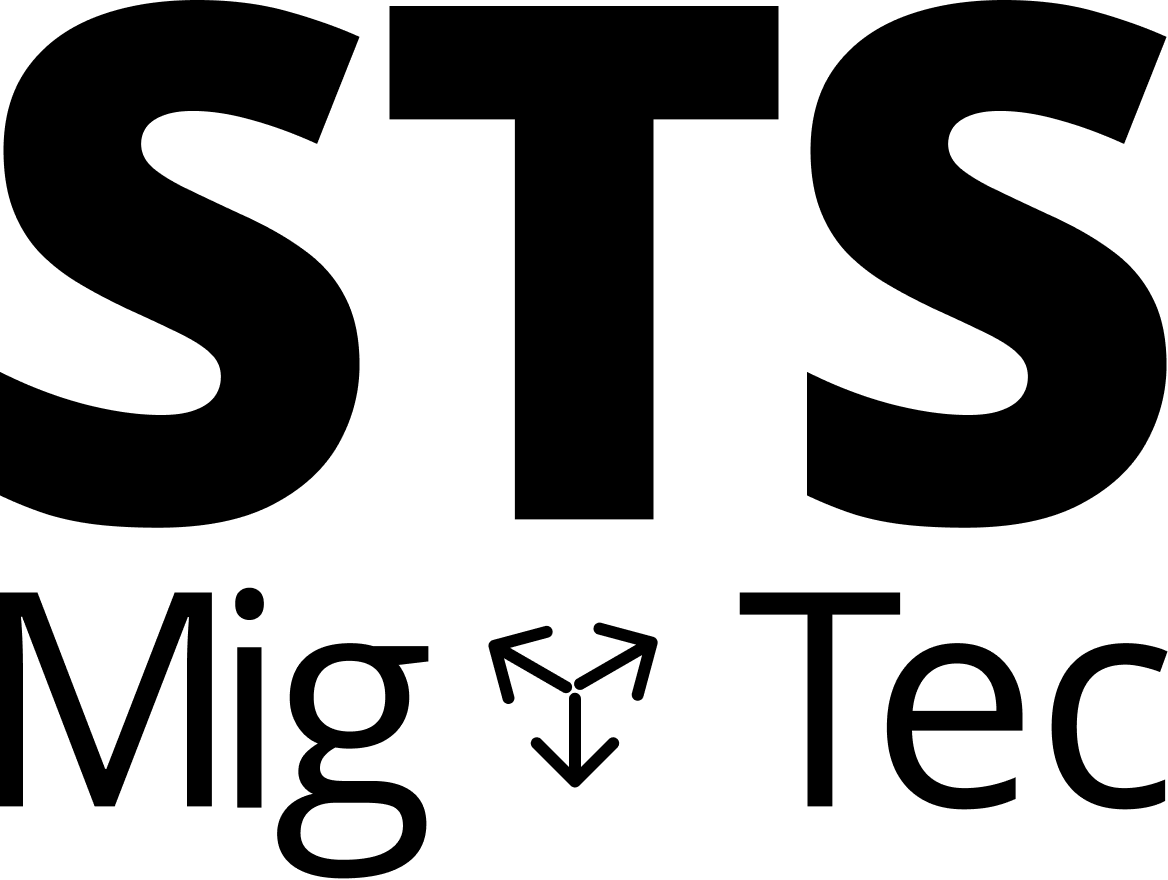Abstract
Search-and-Rescue NGOs in the Mediterranean have been increasingly criminalized. This criminalization has chilled conversation about the real ethical dilemmas that the practice involves. What, if any, can be the adverse by-products of rescuing life at sea? In this article, we concentrate the dilemmas involved in SAR as seen from the perspective of rescuers.
Our aim is two-fold. The first is to map the dilemmas from a phenomenological perspective, as they are experienced by rescuers at sea. The paper sheds light on the complexity and nuance of the ethical landscape of maritime rescue, revealing an intricate web of interactions acknowledged by rescuers as posing ethical challenges. The second aim is to offer a conceptual framework for what it is that SAR NGOs are, in fact, doing. We contextualize their actions within the larger terrain of ‘border externalization’, in which states have moved enforcement activities to extraterritorial zones, where human rights law ostensibly does not apply.
We thus argue that the set of norms underlying practices developed by SAR NGOs amounts to a strategy of counter-externalization. The idea here is that a window of opportunity can be created at sea, where human rights or international law protections more broadly apply, but enforcement powers of states are suspended. By utilizing these legal grey zones to the benefit of migrants, rescuers effectively turn extraterritorial zones from spaces of lawlessness into spaces of resistance. The rescue ship thus becomes a ‘floating sanctuary’.
Floating sanctuaries: The ethics of search and rescue at sea
Itamar Mann (University of Haifa) & Julia Mourão Permoser (University of Innsbruck)
About the event series
STS-MIGTEC Circle is a small format which serves to reflect jointly on work-in-progress contributions related to the themes of interest to STS MIGTEC. The idea is to create a safe space for probing and experimenting with ideas, arguments, attempts of analysis, sense-making of empirical material. It’s the right space for you if you already invested substantial energy and dedication into that work, but you still feel the piece to be raw and fragile. We invite individual scholars – of all career stages – to take other interested scholars on board to jointly reflect and discuss with care and constructive feedback.
